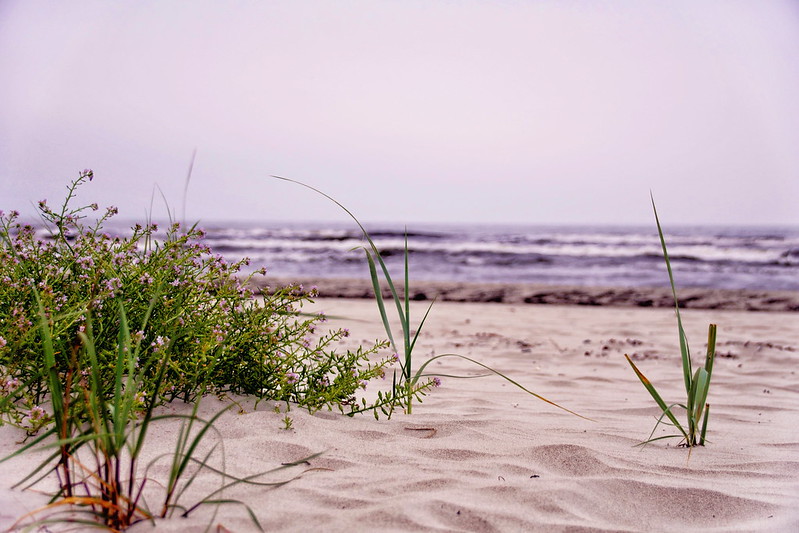It’s not unusual for takeaway food to come with a side of wasteful packaging. Whether it’s a plastic cup, paper wrapper or polystyrene tray, this packaging is often thrown in the bin immediately after use. However, what if instead of chucking it away, you could have it for dessert?
Indonesian startup Evoware has now made that a reality by creating a range of biodegradable, edible, and flavoured packaging from seaweed.
Packaging: Problem and Opportunity In One
With hardly any organized waste management, Indonesia is the largest plastic polluter in the world after China. This situation is further exasperated by the selling of waste by developed global north countries to various Asian nations, including Indonesia. This plastic waste often finds itself littered on Indonesia’s numerous beaches, eventually making its way into the water and contributing to a global ocean pollution crisis.
Evoware founder David Christian recognised this problem and soon found a solution in another common sight in Indonesia: seaweed. In fact, Indonesia is the top global producer of seaweed, with the produce being used to create industrial gelling agents, cosmetics and vegetarian foodstuffs. With seaweed being so versatile, it is a popular crop for farmers to cultivate, although often their incomes are limited to the subsistence level.
Christian now hopes his range of Evoware products can help reduce Indonesia’s waste epidemic while simultaneously helping seaweed farmers generate more income.
Superfood Soup Pots
 © Evoware
© Evoware To date, Evoware has produced a range of edible packaging, including paper for sandwiches and burgers, as well as coffee bags and spice packaging. Other projects include the ‘Ello Jello’ mugs, flavoured jelly cups which can be used as containers for desserts or soup, but which are also entirely edible. Currently they come in four flavours: orange, lychee, peppermint and green tea.
Not only are Evoware products edible, they are also incredibly healthy to consume and have a shelf-life of around two years. Furthermore, if you do not have stomach room left for your Evoware packaging, it quickly dissolves in water and can be used as plant fertilizer. For more information on how Evoware’s products work, watch the video below:
Replacing petroleum-based plastics with vegetable raw materials is clearly a promising prospect, although this revolution is not only limited to Evoware. Here are four more projects in the works that aim to reduce our dependency on plastics.
Algae-based Flip-Flops
As the most numerous shoe in the world, plastic flip-flops invariably end up littering beaches and oceans. This issue inspired University of San Diego researchers to also turn to seaweed and algae as the solution, creating Triton Soles: cheap, flexible and biodegradable flip-flops.
Award Winning Wood-based Packaging
Finnish start-up Sulapac grabbed the 2017 Green Alley Award with their 100% biodegradable packaging derived from wood shavings and natural adhesives. Unusual for a biodegradable material, Sulapac has plastic-like qualities, allowing it to hold water and oils and preventing oxygen penetration, better preserving the contents.
Sugar Cane Water Bottles
French packaging company Lyspackaging turned to sugar cane to produce their biodegradable water bottle dubbed VeganBottle. By combining sugar cane fibre and pulp with other plant-based products, Lyspackaging created a completely biodegradable bottle with all the same water-holding properties as plastic.
Coffee Cups Made of Coffee
Berlin-based designer Julian Lechner spent three years perfecting the formula behind Kaffeeform, a biodegradable plastic alternative derived from discarded coffee grounds. The grounds, which are collected from local coffee shops, are combined with other plant-based materials to result in a completely biodegradable and durable material that is currently being used to produce both reusable and disposable coffee cups.
This is a translation by Mark Newton of an article which originally appeared on RESET’s German-language site.





